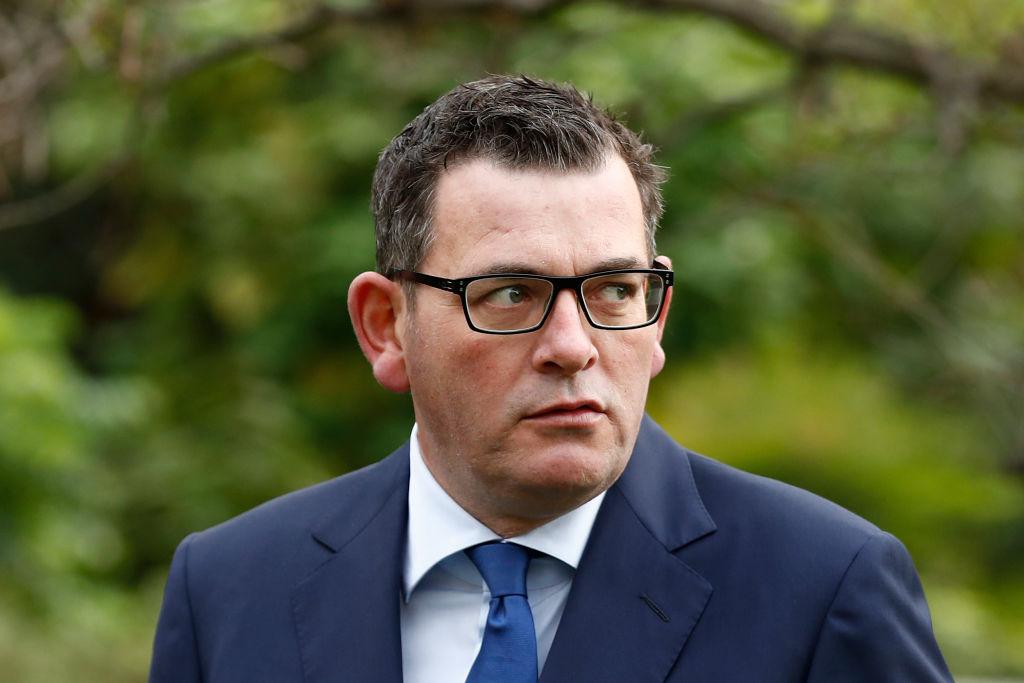A former leader of Victoria has criticised the state’s Belt and Road agreement with Beijing saying it will be the “undoing” of the current Labor government, and more serious than the recent COVID-19 spike in the state.
“Even with COVID, the most dangerous aspect for this Labor government is this deal that they have signed with another government which has an expansionist policy,” the former state Premier Jeff Kennett told Sky News on July 13.





